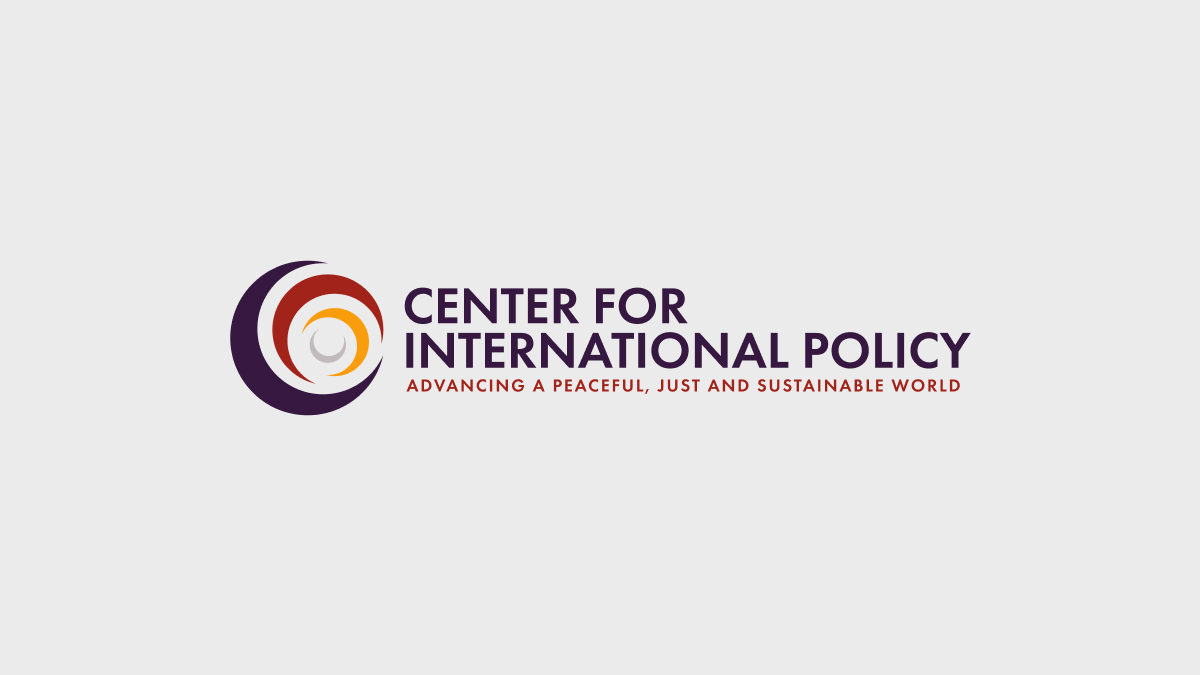
What we’d love to hear President Biden say on Foreign Policy in his State of the Union address
In February 2021, in his first major foreign policy address as president, Biden declared the US must engage with the world “with diplomacy rooted in America’s most cherished democratic values: defending freedom, championing opportunity, upholding universal rights, respecting the rule of law, and treating every person with dignity.”
Since then, the President has made some significant progress: restoring alliances, leading a strong and calibrated response to the Russian invasion of Ukraine, ending the US war in Afghanistan, attacking the corruption and violence in Latin America fueling the migration crisis. But he must finish the job.
In his State of the Union address tonight, here are five (of many) opportunities for what President Joe Biden could say if he wants to show Congress, the American people and the world that he is serious about advancing true US interests and global human security:
- There must be a ceasefire, return of all Israeli hostages and massive emergency humanitarian aid effort in Gaza. Furthermore, this administration can and must fully enforce relevant US and international law to ensure protection of civilians from indiscriminate bombardment, starvation and disease.
- The US response to the Russian invasion of Ukraine offers a positive case study for US engagement with the world in a way that honors our principles and advances security – but universality and consistency are necessary to safeguard the benefits. President Biden will be right to call on right-wing extremists in Congress to end their obstruction of aid to Ukraine – desperately needed aid, replete with the transparency and accountability mechanisms necessary to ensure the American public and the world can scrutinize its rightful use. Consistent adherence to international law will only strengthen his case.
- China and our allies in Asia alike must know that Americans’ highest aspirations for the Pacific are that the world’s most populous region be one of peace, prosperity and unlimited potential. The US-China relationship is not zero-sum. Tensions are inevitable, but escalation and war are a choice. While we will never shy away from defending the democratic and human rights of all in the region, our priority is to coexist and cooperate on our many areas of shared interest.
- The man-made climate crisis is here. The only reasonable discussion to have is how to minimize and mitigate it effectively and fairly – that means we and international partners must commitment to aggressive multilateral carbon reduction goals, massive public investment in a just and sustainable transition away from fossil fuels – including breaking the harmful feedback loop between militarism and climate change – and the equitable sharing of burdens of climate and other ecological change impacts.
- We must make clear that the survival of not only democracy around the globe, but the American experiment itself depends on whether we succeed in countering rising ultranationalism, autocracy, kleptocracy, oligarchy and corruption – as well as the inherent inequality, discrimination, repression and economic precarity that comes with them.
The President has an opportunity tonight to demonstrate that he is the leader that the people of this and other nations want and deserve – the leader that earned him praise and support in years past. To do that, we must stop repeating the failures of the past, especially when it comes to foreign policy.


